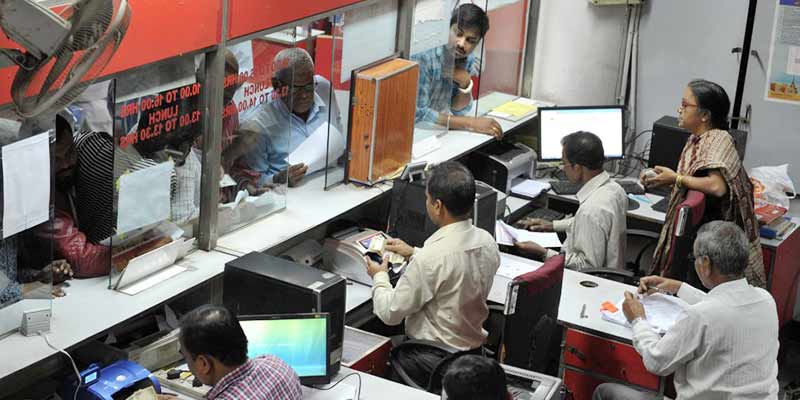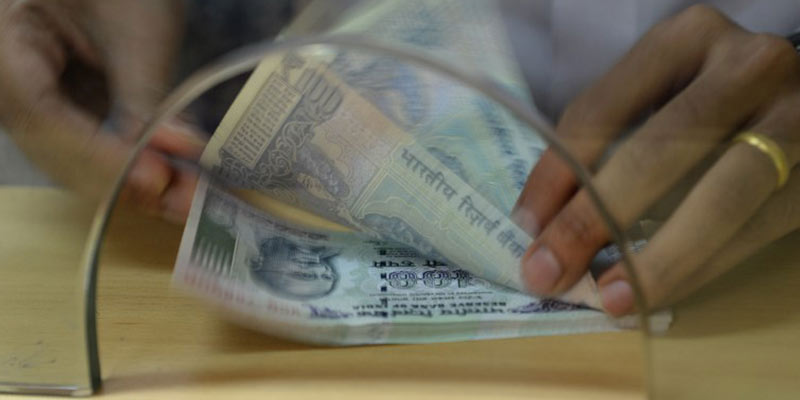- India
- Dec 31
Explainer / Small Savings Schemes
The ministry of finance raised interest rates on some of the small savings schemes by 20 to 110 basis points for the January to March 2023 quarter.
The interest rates of schemes like the Senior Citizen Savings Scheme, Monthly Income Savings Scheme, National Savings Certificate, Kisan Vikas Patra, and post office term deposit schemes of duration 1 to 5 years.
However, interest rates of the Public Provident Fund and Sukanya Samriddhi Yojana remain unchanged.
A brief look at some of the small savings schemes
Public Provident Fund
• The Public Provident Fund (PPF) scheme is a popular long-term saving-cum-investment product, mainly due to its combination of safety, returns and tax savings.
• The PPF was first offered to the public in 1968 by the finance ministry’s National Savings Institute.
• In December 2019, the government notified the Public Provident Fund (PPF) Scheme, 2019 under Section 3A of the Government Saving Promotion Act, 1873 thereby replacing the Public Provident Fund (PPF) Scheme, 1968.
• Investors use the PPF as a tool to build a corpus for their retirement by putting aside sums of money regularly, over long periods of time
• The PPF has a minimum tenure of 15 years, which can be extended in blocks of 5 years.
• It allows a minimum investment of Rs 500 and a maximum of Rs 1.5 lakh for each financial year.
• Tax benefits are available under Section 80C of Income Tax Act.
Sukanya Samriddhi Account
• The government launched the Sukanya Samriddhi Account programme along with the ‘Beti Bachao, Beti Padhao’ scheme in January 2015.
• Till January 2022, around 2.73 crore number of accounts have been opened under the scheme, having nearly Rs 1.19 lakh crore deposit.
• Despite being a small savings scheme, the Sukanya Samriddhi Account has the potential to have a phenomenal impact on the lives and self esteem of young girls in the country. The scheme aims to ensure a bright future for the girl children by facilitating their education and marriage expenses.
• Under the scheme, a parent or legal guardian can open an account in the name of the girl child until she attains the age of ten years.
• The account can be opened in any post office branch and designated public sector banks.
• The minimum deposit that needs to be every year is Rs 250 (earlier it was Rs 1,000), and the maximum amount that can be deposited in a year is Rs 150,000.
• The account shall mature after 21 years from the date of opening or on marriage of the girl child under whose name the account is opened, whichever is earlier.
• Deposits can be made up to 14 years from the date of opening of the account. After this period the account will only earn interest as per applicable rates.
• In case the required minimum annual deposit is not made by a parent or a guardian, the account will cease to be active.
• Premature withdrawal – withdrawing money before the completion of the maturity period of 21 years – can only be made by the girl child in whose name the account has been opened after she attains the age of 18 years.
• This withdrawal will also be limited to 50 per cent of the balance standing at the end of the preceding financial year, and will only be allowed for the purpose of higher education or if the girl intends to get married.
• Tax exemption is one of the greatest advantages of the Sukanya Samriddhi Account programme. The deposits made to the account, and also the proceeds and maturity amount would be fully exempted from tax under section 80C of the Income Tax Act.
Kisan Vikas Patra
• Kisan Vikas Patra (KVP), a certificate savings scheme, was launched by the government on April 1, 1988. The scheme provided a facility of unlimited investment by way of purchase of certificates from post offices in various denominations.
• The scheme was very popular among the investors and the percentage share of gross collections secured in KVP was in the range of 9 per cent to 29 per cent against the total collections received under all National Savings Schemes in the country.
• It was discontinued in 2011. The government re-launched the scheme in 2014 and is available in post offices.
• The minimum investment amount is Rs 1000 and there is no upper limit.
Senior Citizens Savings Scheme
• The government introduced the Senior Citizens Savings Scheme (SCSS) in August 2004. The scheme offers a risk free avenue of investment with attractive returns to all senior citizens of the country.
• Citizens of 60 years of age and above are eligible to invest.
• Those who have retired under a voluntary or a special voluntary retirement scheme and have attained the age of 55 years are also eligible to invest their retirement benefits.
• The upper limit of investment under this scheme is Rs 15 lakh.
• The deposits made in the scheme are exempted from income tax under section 80C of Income Tax Act.
Manorama Yearbook app is now available on Google Play Store and iOS App Store


